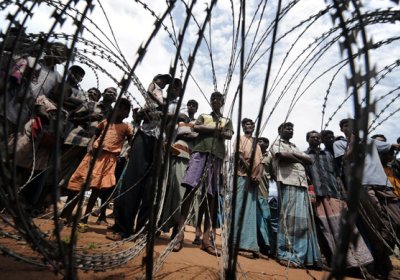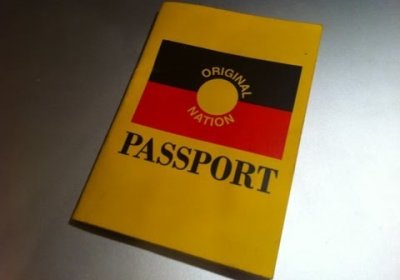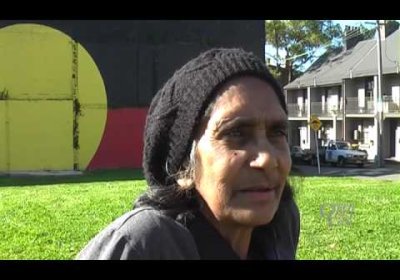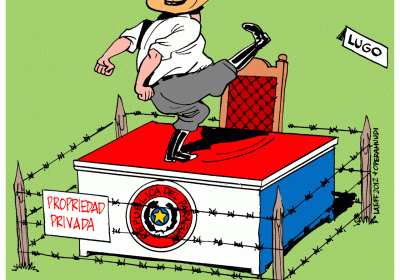932
More than 200 people, including newly arrived asylum seekers, will receive an Aboriginal passport. The passports will be issued by Robbie Thorpe of the Treaty Republic and Ray Jackson, President of the Indigenous Social Justice Association.
Aboriginal and non-Aboriginal supporters sent Olympic boxer Damien Hooper a message of support and solidarity for his action in wearing an Aboriginal flag T-shirt at the Olympics.
Features refugee panel with Hadi Hosseini (Hazara refugee and former detainee); Dianne Hiles (Chilout); Jay Fletcher (refugee reported for GLW and RAC activist); Choo Chon Kai (Socialist Party of Malaysia) + activist news on Coles, WikiLeaks, Observer Tree, GasiLeaks, and Lizards revenge anti-uranium action.
Thousands of peasant workers took to the streets of Caracas on July 26 to hand over a list of programmatic suggestions to the government and show their support for Venezuelan President Hugo Chavez.
Arriving in Caracas, Venezuela’s capital, the first thing you notice is the extensive swathes of mountainside covered with poorly built, crowded, ad-hoc homes ― known locally as the barrios.
Dedicated to “the workers and peasants of Colombia”, Cocaine, Death Squads and the War on Terror is a serious and rigorous study of Colombian society.
- Page 1
- Next page








